Does the 14th Amendment Prevent Trump From Running for Office?
The Supreme Court is hearing arguments on former President Donald Trump’s ballot case. Their decision will determine whether or not Trump will be disqualified from running for the 2024 presidential election because of his role in the January 6, 2021 insurrection.
This Civil War relic, the 14th Amendment’s “insurrectionist ban,” has not been used for over a century. Now, it finds itself at the heart of a legal battle – but why is this forgotten provision suddenly relevant?
What Is the 14th Amendment?
Following the Civil War, in 1868, the United States Constitution was amended with the 14th Amendment. It says that Americans who have taken an oath to uphold the Constitution but then “engaged in insurrection” are disqualified from holding future public office.
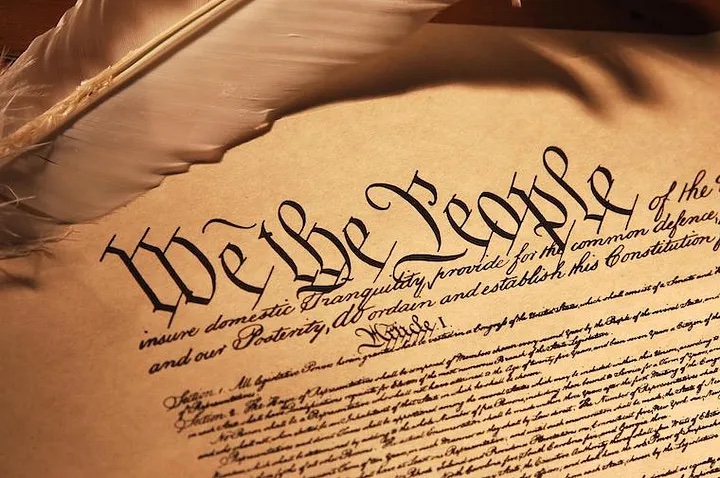
Source: James Steidl
The amendment’s key provision being used in Trump’s ballot is Section 3, which reads: “No person shall … hold any office … under the United States … who, having previously taken an oath … to support the Constitution of the United States, shall have engaged in insurrection or rebellion against the same, or given aid or comfort to the enemies thereof.”
The Language of the 14th Amendment Is Vague
While the 14th Amendment still stands, the Constitution does not specifically note how to enforce the ban, and the legal debate over how some of the terms in the provision should be defined in a court of law.
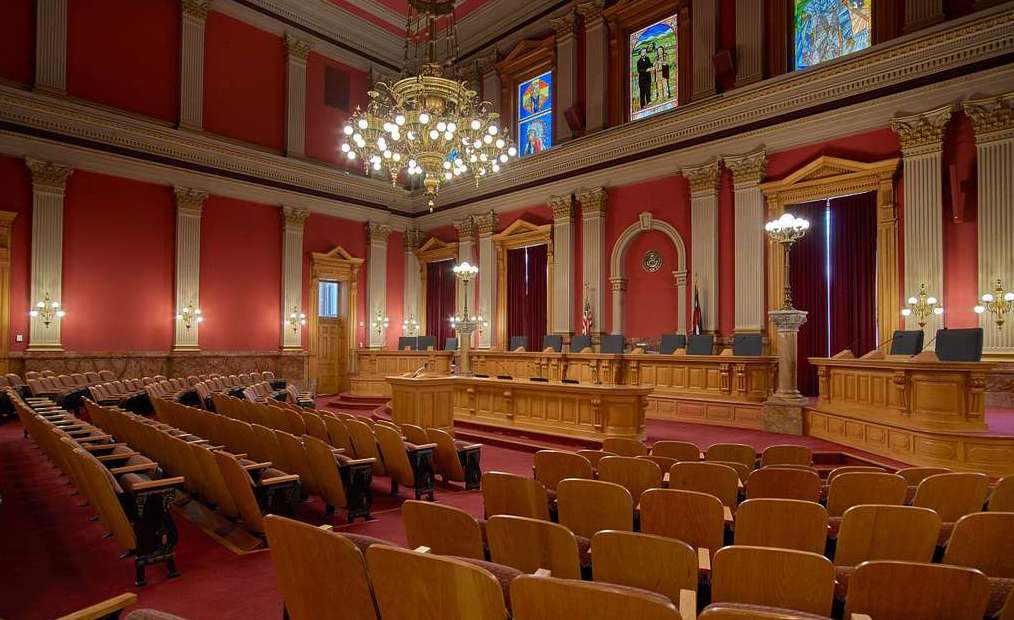
Source: Library of Congress/Flickr
CNN points out that the amendment does not explain “what level of political violence is tantamount to ‘insurrection.’”
Who Decides If Someone Has Engaged in Insurrection?
“When you look at Section 3 the term insurrection jumps out,” Justice Brett Kavanaugh said during Thursday’s hearing in Washington D.C. (via Fox News). “And the question is, what does that mean? How do you define it? Who decides? Who decides whether someone is engaged in it?”
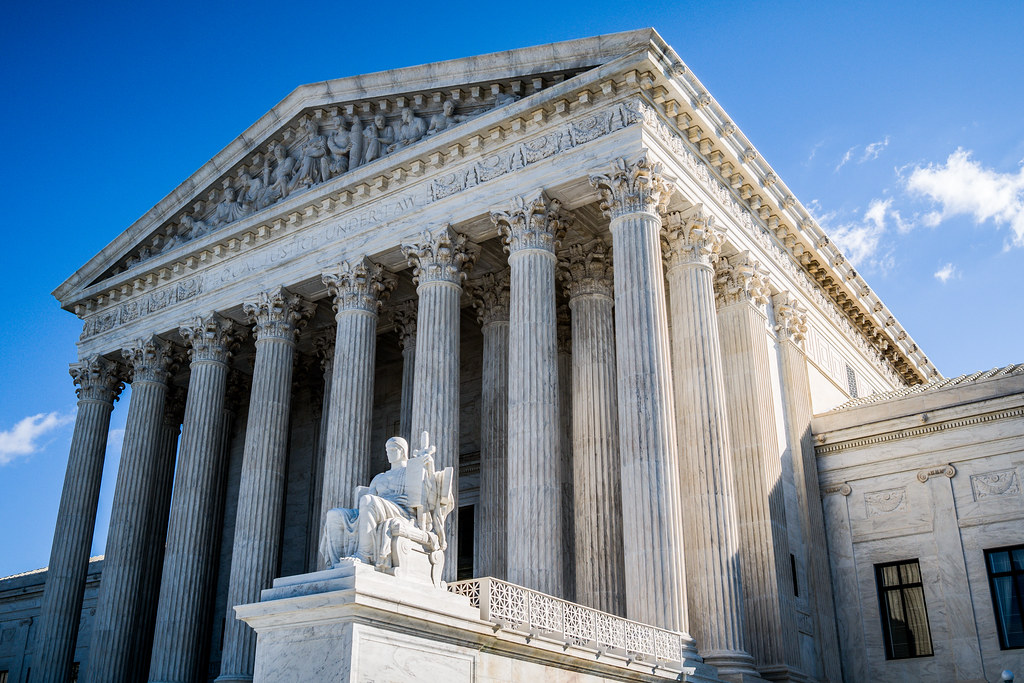
Source: Phil Roeder/Flickr
“These are difficult questions, and you look right at Section 5 of the 14th Amendment … and that tells you Congress has the primary role here,” Kavanaugh said. “I think what’s different is the processes, the definition, who decides questions really jump out at you when you look at Section 3.”
Supreme Court Justice Refers to Griffin’s Case
Kavanaugh notes that these questions were asked in the 1869 decision, known as Griffin’s case, which found that Congress would be the ones to enforce the 14th Amendment ban on insurrectionists holding federal office.
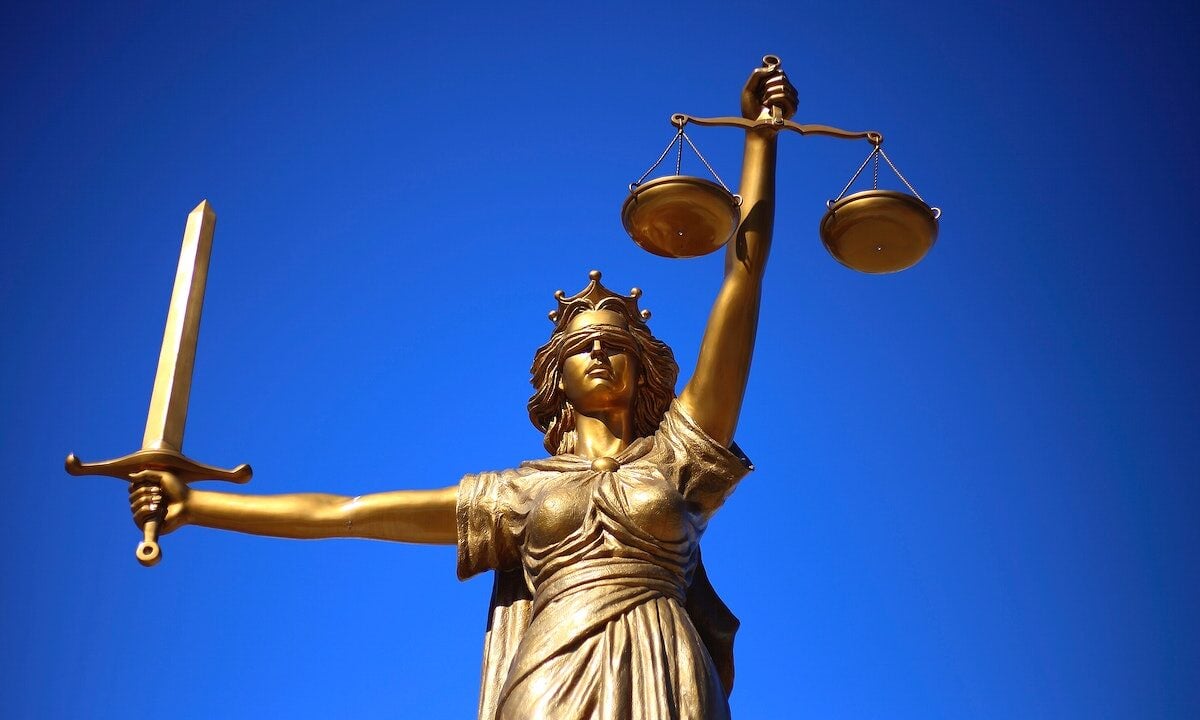
Source: Rawpixel
Griffin’s case, formally known as the Ex parte Caesar Griffin, had significant implications for the Reconstruction era of America after the Civil War after an ex-Confederate officer, judged Hugh W. Sheffey, presiding over the trial of Caesar Griffin, a black man, was convicted of assault with intent to kill in Virginia.
There’s No Mention of Insurrectionists Not Being Able to Serve as President
Since Griffin’s case, Section 3 of the 14th Amendment says that oath-breaking insurrectionists cannot serve as senators, representatives, presidential electors, “or hold any office, civil or military, under the United States, or under any State.”
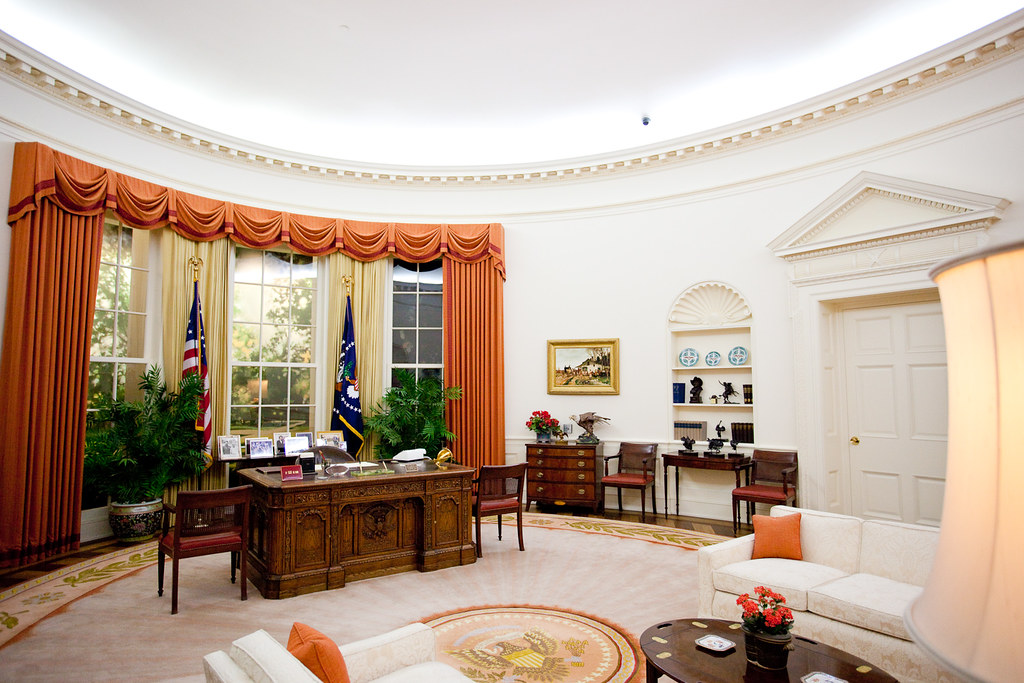
Source: Kim Davies/Flickr
However, the section does not state that an oath-breaking insurrectionist cannot serve as president.
How Did Trump’s Ballot Case Begin?
Citizens for Responsibility and Ethics in Washington (CREW) filed the lawsuit against Trump in September 2023 with the Colorado state court. CREW filed the case on behalf of a group of Republicans and independent voters.
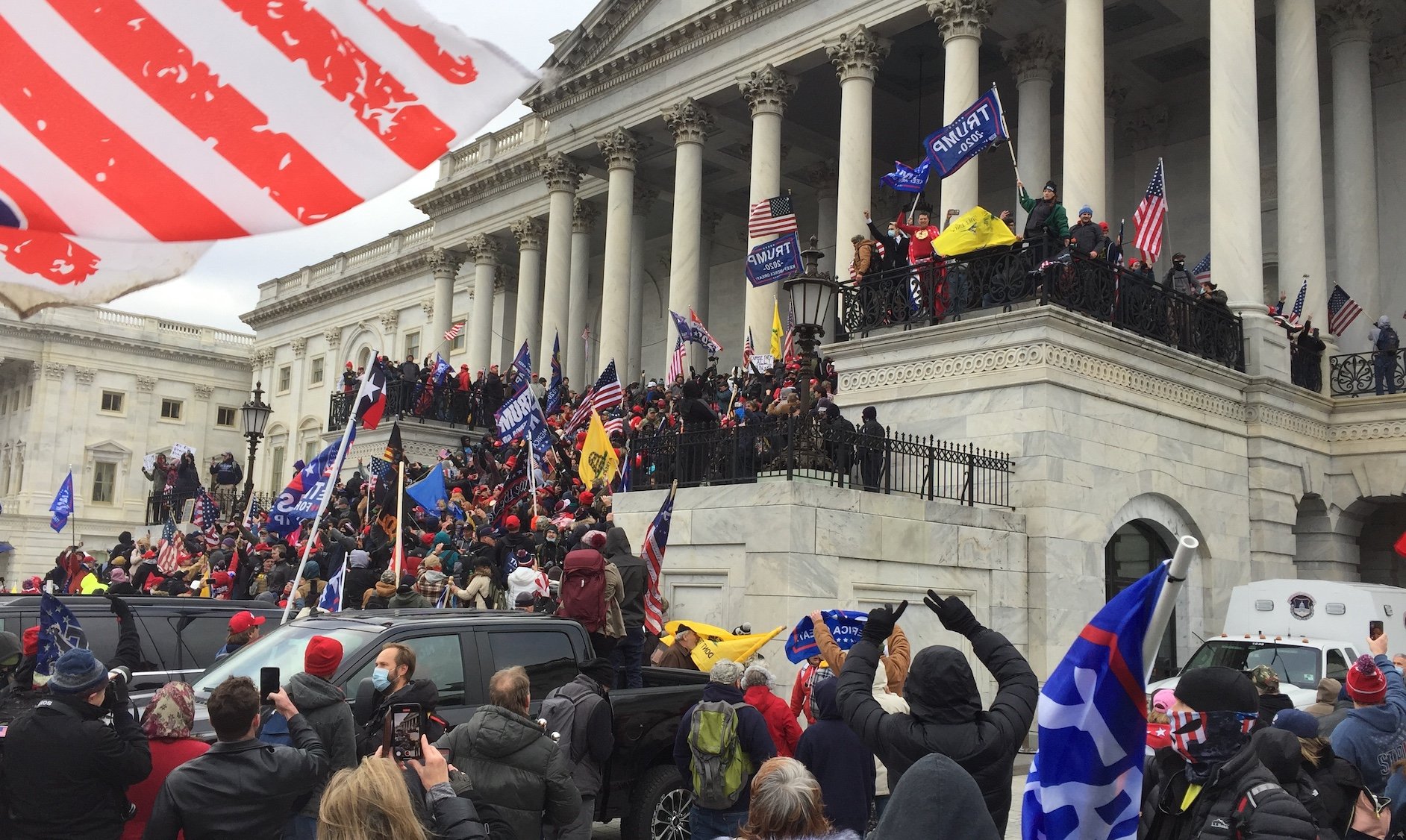
Source: Wikimedia Commons
The Colorado Supreme Court disqualified Trump based on the clause in the Constitution for allegedly engaging in insurrection or rebellion. Trump and his team swiftly brought the case to the Supreme Court after Colorado’s ruling.
Colorado Courts Ruling on Trump
Despite this ruling from Colorado, Trump’s name will physically appear on the Colorado ballot since the deadline to print ballots has already passed. Now, the question is if votes cast for Trump will be counted.
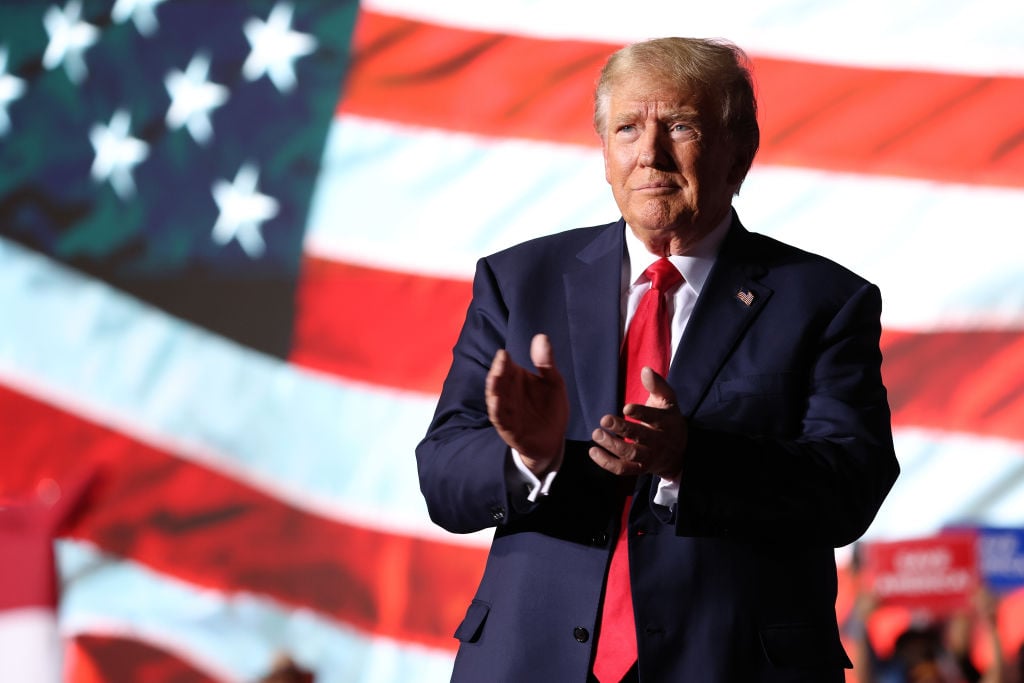
Source: Justin Sullivan/Getty Images
This is what Supreme Court justices are deciding as they review a decision from the Colorado Supreme Court, which states in a landmark 4-3 ruling in December that the “insurrectionist ban” applied to Trump.
Trump's Alleged Involvement with the January 6 Insurrection
The Colorado ruling holds Trump accountable for his alleged involvement in the January 6 insurrection after the results of the 2020 presidential election. The justices decision is based on Trump’s January 6 speech at the Ellipse was not protected by the First Amendment. They also found that the speech incited violence, as Trump told his supporters to “walk down to the Capitol” and “fight like hell” to “take back our country.”
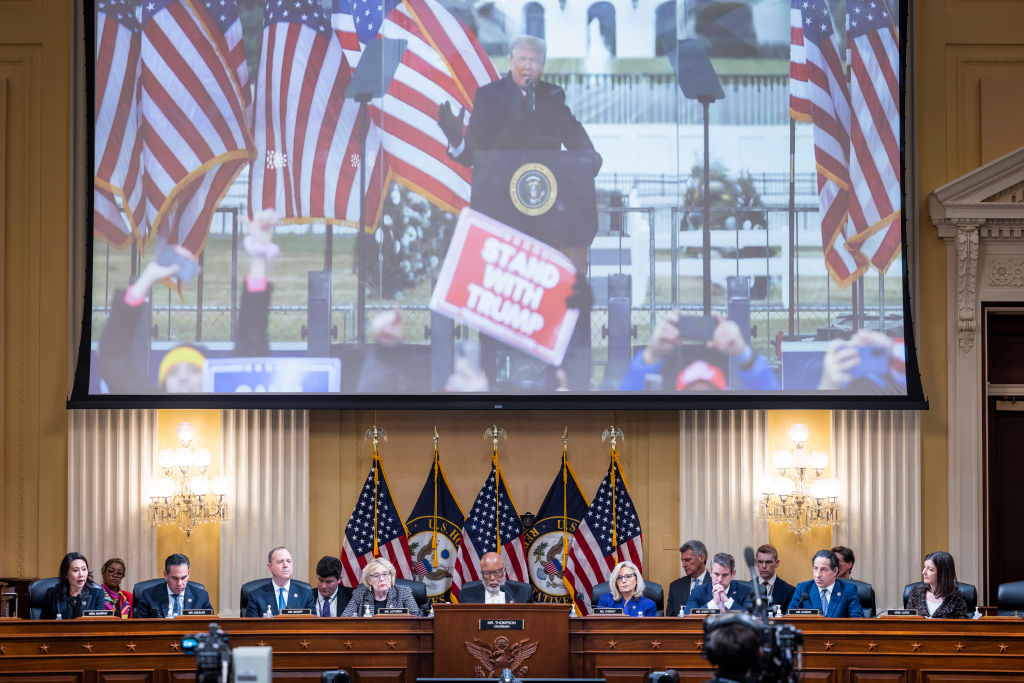
Source: Jim Lo Scalzo-Pool/Getty Images
“President Trump incited and encouraged the use of violence and lawless action to disrupt the peaceful transfer of power,” the justices wrote in the 134-page majority opinion (CNN).
The 14th Amendment’s Language Keeps Trump on the Ballot
The vagueness and lack of specificity are why the trial judge still needs to remove Trump from the 2024 Colorado state ballot before printing. “It seems most likely that the Presidency is not specifically included because it is so evidently an ‘office,’” the court said.
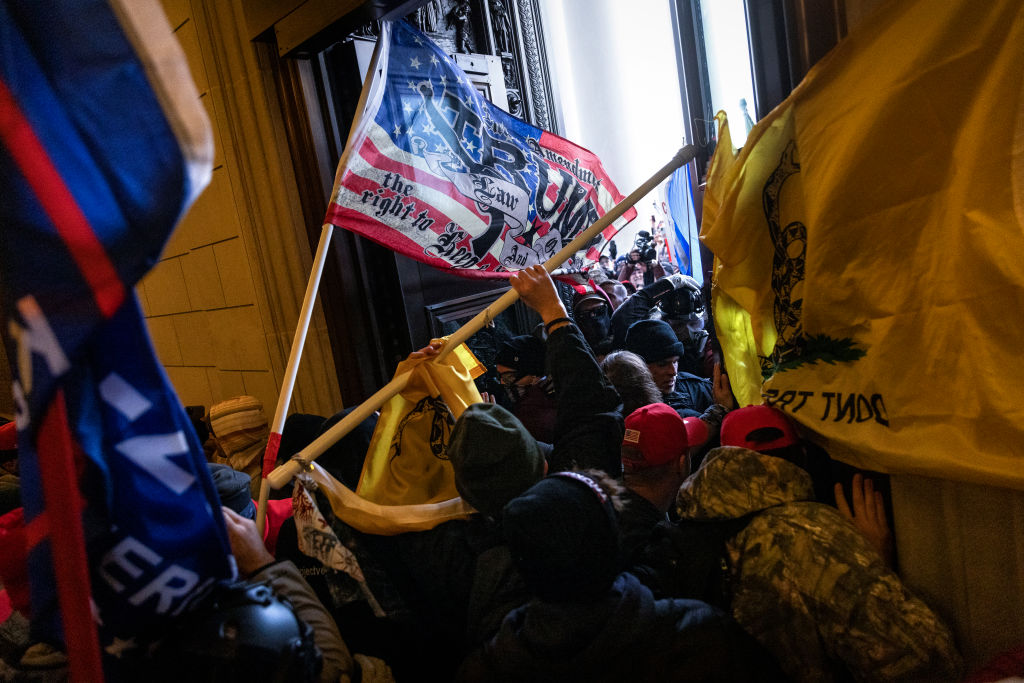
Source: Win McNamee/Getty Images
“A conclusion that the Presidency is something other than an office ‘under’ the United States is fundamentally at odds with the idea that all government officials, including the President, serve ‘we the people,’” the court added.
The Purpose of Amendments to the Constitution
“Constitutional safeguards are for the purpose of safeguarding our democracy, not just for the next election cycle but for generations to come,” Justice William J. Murray said in Thursday’s hearing (via ABC News). “And second, Section 3 is designed to protect our democracy in that very way.”
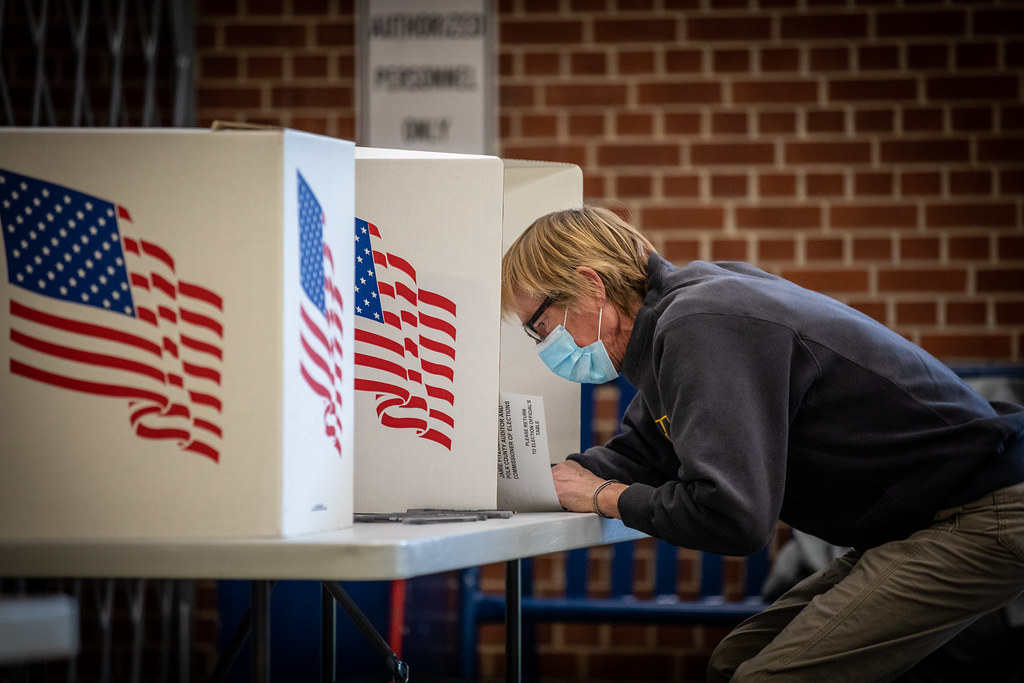
Source: Phil Roeder/Flickr
Murray continued, saying: “The framers of Section 3 knew from painful experience that those who had violently broken their oaths to the Constitution couldn’t be trusted to hold power again because they could dismantle our Constitution democracy from within.”
What Does This Mean for Trump’s Re-Election Campaign?
Trump’s race for re-election relies on the U.S. Supreme Court and its conservative super-majority due to the three justices he appointed during his presidency.
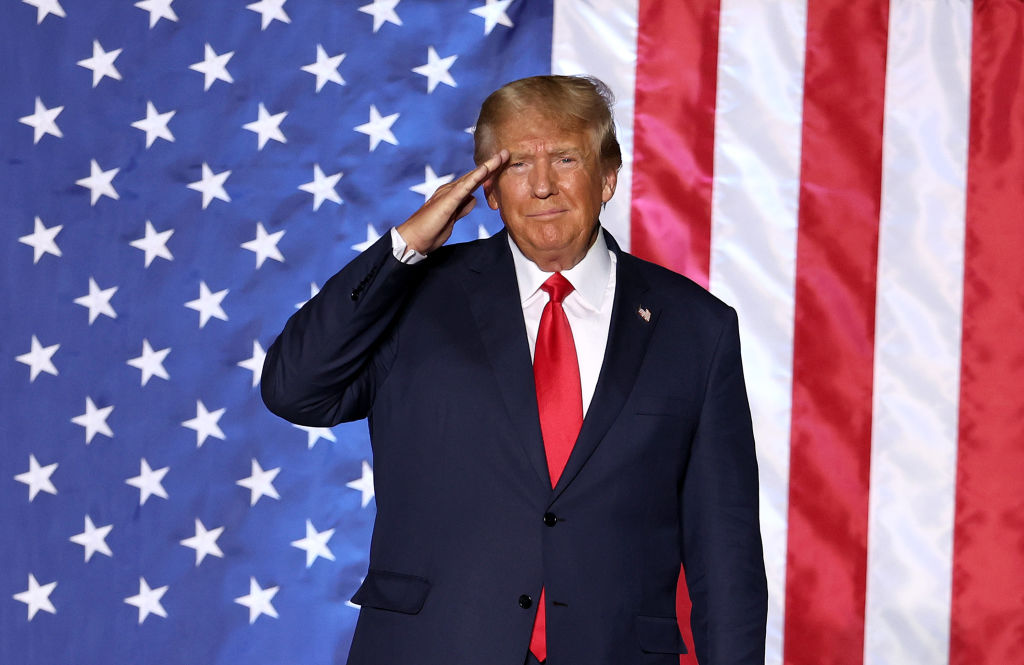
Source: Justin Sullivan/Getty Images
“This is an extraordinary and unprecedented holding,” Derek Muller, an election law expert at Notre Dame Law School, said to CNN. “It puts Trump’s entire election campaign in serious legal jeopardy. And the Supreme Court will be asked to hear this election-altering case, something I’m sure it has little appetite to hear.”
